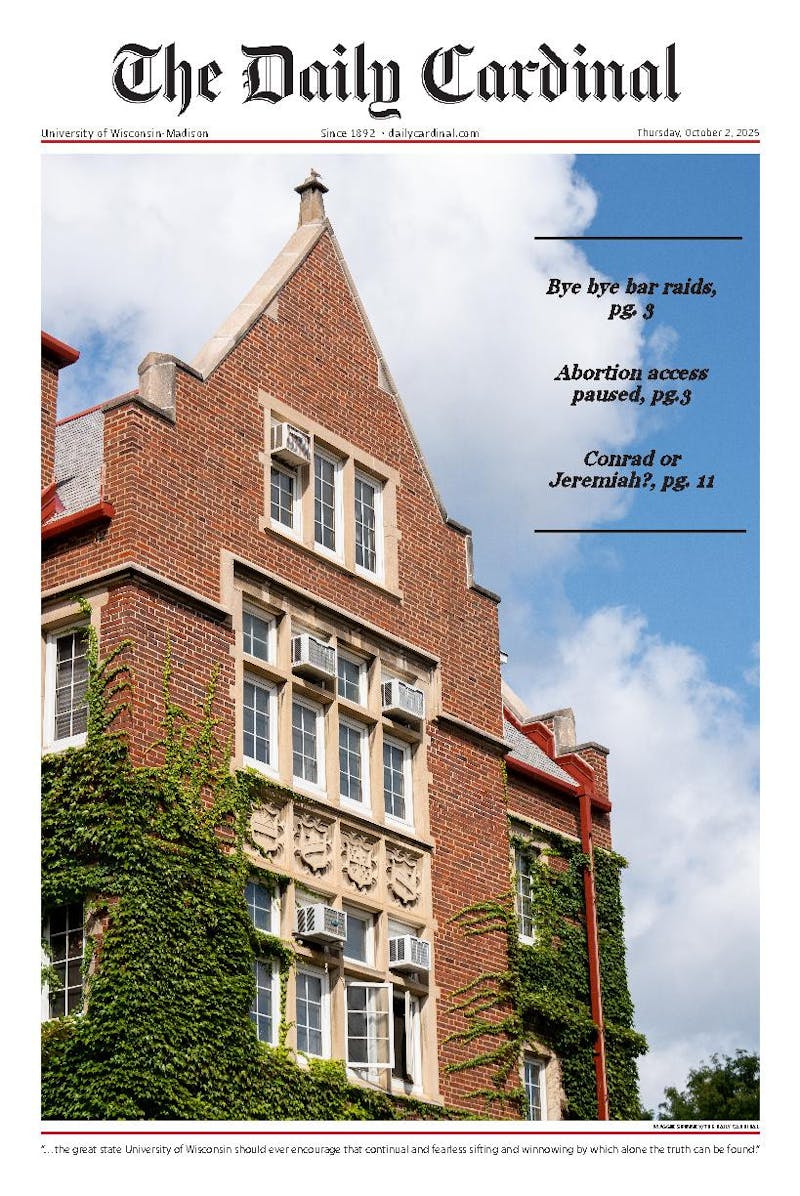It is easy for college students to reach into their back pockets and find an extra dollar.
However, 18-year-old Bangladesh factory worker Robina is forced to sew 120 to 150 back pockets per hour on Wal-Mart brand pants and cannot even afford a 25-cent toothbrush.
Robina and fellow factory worker, 19-year-old Maksuda, told their sobering stories in the Social Science Building Thursday at an event to campaign for giant corporations to pay 25 cents more per garment so that 1.8 million in Bangladeshi garment workers can move out of misery and possibly poverty.
They were joined by Director of the Bangladesh Center for Worker Solidarity Sk Nasma and Charles Kernaghan, executive director of the National Labor Committee in an event sponsored by the Women's Studies Research Center.
\It is rare to come face to face with the workers that make our garments, CDs and sporting goods,"" Kernaghan said. ""It is invaluable.""
Robina and Maksuda are part of a group that is often forgotten by the American public.
""We see horrors of Bush's Iraq war every day ... and it is drawing away from these working conditions in other parts of the world,"" said Jane Collins, introduction speaker and Department Chair of the women's studies program. ""It is something we need to be attending to.""
According to Kernaghan, Wal-Mart, which has $257.8 billion in sales per year, has not attended to the needs of the workers. That figure is larger than the Gross Domestic Product of 167 individual countries in the world.
Robina and Maksuda make only seven cents per hour and lead a life on a road that seemingly has no end.
""I was slapped by my supervisor after working for seven days. I work from 8 a.m. to 10 p.m. or 3 a.m. At ten at night we are given a small piece of banana and a small biscuit,"" said Robina, assisted by a translator. ""I worked six months straight.""
Both Kernaghan and Nasma said it is difficult to translate the problem to other countries. However, they know their demands need to be met.
""All they say is, 'We need one day off, stop beating us and pay overtime correctly,'"" Kernaghan said.
""I make an appeal to you. If you pressure the companies, they will respect the workers ... Please do not forget the workers in Bangladesh,"" Maksuda said.
The women are in the second week of a five-week tour, in which they will travel 7,000 miles and come face to face with people from 33 universities, 12 high schools and religious groups.





